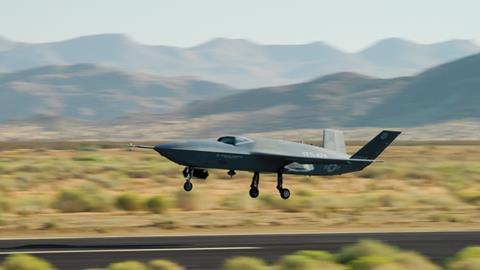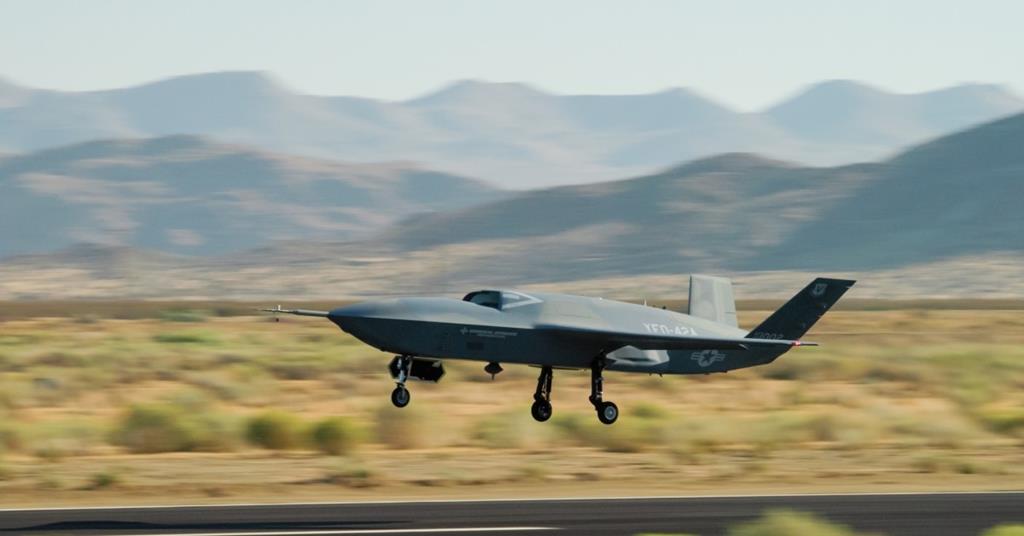Japan and the USA will conduct joint research into safety assurance technology for collaborative combat aircraft (CCA) that operate autonomously with artificial intelligence.
Under the agreement, the two countries will research runtime assurance (RTA), which will allow a CCA to monitor its own AI system, according to Japan’s Ministry of Defense and the US Air Force.

RTA is essentially a safety control application that runs parallel to the primary AI. If the AI is behaving in a manner that can compromise safety, the RTA can automatically switch it to trusted fallback mode.
“Results from this cooperative effort are intended to inform future integration of AI-enabled UAVs with next-generation fighter aircraft, improving operational safety, deepening interoperability and strengthening the capabilities of the U.S.-Japan Alliance,” says the US Air Force.
Both nations are exploring CCAs to operate alongside manned aircraft in the future.
The USAF is conducting tests with two CCA prototypes, the Anduril YFQ-44A and the General Atomics Aeronautical Systems (GA-ASI) YFQ-42A. It hopes to conclude flight trials and make a competitive procurement decision on the first increment of CCAs before the end of the 2026 fiscal year, which concludes in September 2026.
Japan has long foreseen the potential of CCAs operating alongside its next generation fighter, which it is developing with Italy and the United Kingdom under the Global Combat Air Programme (GCAP) effort.
At the Japan Aerospace event in October 2024, Mitsubishi Heavy Industries – Japan’s lead company in the GCAP effort – showed several CCA concepts. These included a single-engined CCA that resembles the Boeing MQ-28 concept, as well as a system designated ARMDC-20X, which features an electro-optical sensor beneath its fuselage and is intended for reconnaissance.
Historically, Washington has placed major emphasis on interoperability with key allies such as Japan. As CCAs and AI develop, it will be necessary to ensure that the technology can operate safely within a coalition environment.


AloJapan.com